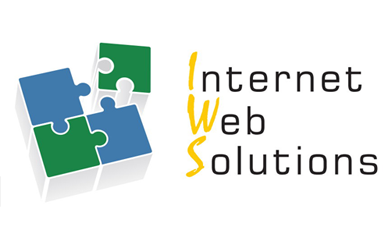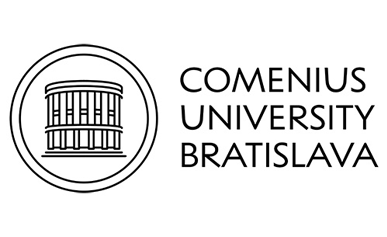
Training
|
The work-breakdown approach for hybrid workers Learning outcomesClick to read
 At the end of this module, you will:
Eating An Elephant One Bite At A TimeClick to read
 Eating an elephant one bite at a time is a notorious idiom from the South African theologian and bishop Desmond Tutu. The expression is frequently used in the business environment, and it refers to the opportunity of accomplishing something that seems too big to be dealt with until its done piece by piece, one step after the other. During your onboarding period and at the very early stage of your professional development, most of the time you will feel tired, under pressure, and overwhelmed by new tasks that accumulate faster than how you can process them. Be assured that this impression is mostly due to the lack from your side (for now) of robust, sound and reliable self-organisation techniques. In the next few slides, you will be introduced to some of these techniques that help in moving forward with agility and effectiveness. Plan to have a planClick to read
 The very first trick to reduce this sense of pressure addresses the opportunity to schedule, plan and strategise your workload. In other words, you wish to start cutting the many pieces of the elephant. Once you start perceiving that too many things are adding up to your agenda, that is the moment in which you have to:
Once things are in order, you will soon start realising how, indeed, things are reasonably manageable. Set work packages that lead you to more manageable workloadClick to read
 WPs (work packages) include a set of activities (i.e., tasks) that lead you to the achievement of major results: the publication and delivery of an important report, the submission of an analysis, or whatever might be concretely expected from you. A whole WP (ex., WP3) might be represented, for instance, by the submission to the whole project team of a Project Management Plan (PMP). The draft and consolidation of the project management plan include indeed various sub-task and activities that lead you to its final completion. If you are requested to prepare such a document, do not conceive it as a whole task but rather as a system of integrated activities. Going back to the example of the PMP, let’s suppose that the preparation of this document can be formally broken down into six separate activities. Thinking of the JUST’s PMP, we can identify them as follows:
With that in mind, now you can finally visualize the concrete time that the achievements of this WP will absorb you and how tasks are spread over time – i.e., when they are due by. Save for yourself some margins of flexibility: it is a good recommendations to overestimate on purpose the time needed for a specific action if case any urgency requires from you to put aside what you’re doing and focus on something else. Try to stick to the plan but be ready for frequent adjustments. Setting up a work plan agendaClick to read

The Input → Output → Outcome cycle to manage your workClick to read
 The key to task prioritisation comes with the understating of the various variables that make a task more urgent than others. When you look at all of the points in your action list and when you try to strategise their scheduling, the variables that you need to consider to assess their priority are the following:
Depending on this internal evaluation of yours, you might come up with three different levels of urgency:
A hierarchy of priorities within hierarchy of prioritiesClick to read

Performing under pressure How do you find balance when things get rough?Click to read
 Despite how good you are at scheduling your calendar, there will indeed be periods much more challenging and energy-demanding than others. The magic formula is that no magic formula applies: in every job, in every role, there are seasonal periods of “overwork”. This might be related to distinctive features of the market/industry you operate in that make certain months of the year quite a vibrant experience (digital e-commerce during Xmas season, tourism during summer, etc.). You cannot change the rules of the game: what you can do is train your peak performance when the time arrives. In the next few slides, you will find 10 tips that will turn very useful when things get serious: most of these tricks do not imply any real difference in attitude to what we already saw. They come as practice and operative hacks to maxims even further the impact of your time management skills. 10 productivity hacks for performance get roughClick to read

Prioritizing priorities: how to do it?Click to read
 Once again, we are back to talking about the prioritisation of your agenda: you wish to manage the events on your schedule, not the other way around – do not remain a victim of yourself and do not allow external factors to dictate your routines. To do so, you need to set and stick to three fundamental rules:
Summing upClick to read

| |||||||||||||||||||||||||||||||||||||||
Keywords
Communication, Management
Objectives/goals:The objectives of this module are to help learners better plan and strategise their workload by prioritising tasks and commitments, to teach them how to perform under pressure and how to remain productive at their best.
- More efficient and more effective management of workload
- Better understanding of task prioritisation
- Hacks to perform under pressure
Content index:
Being smart, effective and efficient in managing your workload
Unit 1: The work-breakdown approach for hybrid workers
Section 1: Eating An Elephant One Bite At A Time
Section 2: The Input → Output → Outcome cycle to manage your work
Unit 2: Performing under pressure
Section 1: How do you find balance when things get rough?
Section 2: Prioritizing priorities - how to do it
Related training material
 Play Audio
Play Audio 











